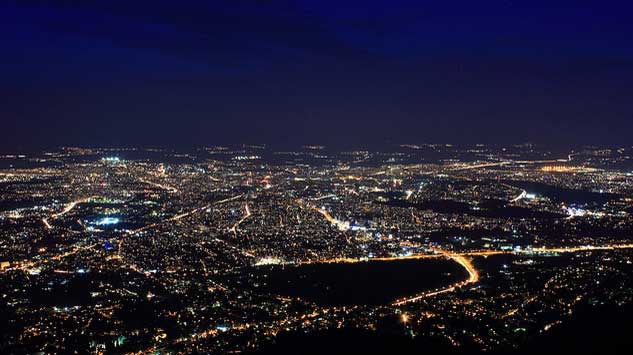
Source: Environmental Technology
Data from the German Research Centre shows that the planet is more “brightly lit than ever,” indicating that the amount of artificial light on the planet’s surface increased by two percent every year since 2012.
Furthermore the data indicates that urban areas in the US continued to emit the same amount of artificial light, despite efforts in other parts of the country to turn to green sources of power.
One immediate and most traceable impact of artificial light on the planet is the way that nocturnal animals are affected in their sleeping and feeding habits as they are thrown into confusion by light. Crops also depend on certain insects and birds to help spread their seeds, and these animals are found to also be affected by the changing lights of brighter skies.
There are also health impacts on humans when their sleep cycles are interrupted by light pollution.
Read Full Story: Environmental Technology
